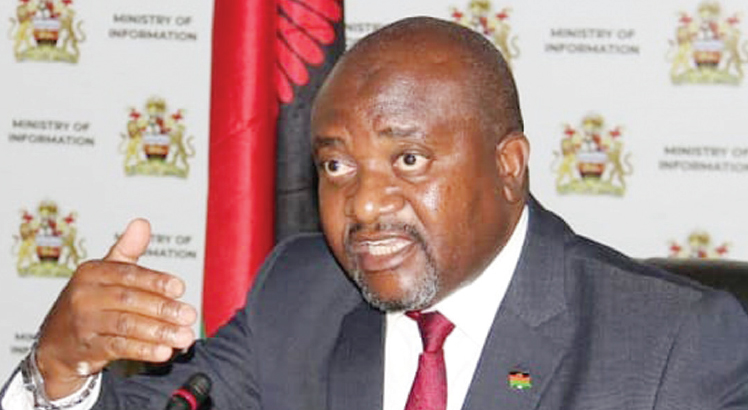Ministry moves to meet 1000MW power target
Minister of Energy Ibrahim Matola says the country will generate 1 000 megawatts (MW) of power by 2025 due to reforms which have opened up opportunities for independent power producers.
The minister said this on Saturday on the sidelines of a tour of Chipopoma Hydro Power Station, which is located at Mantchewe Falls in Traditional Authority Kachulu’s area in Rumphi District.
Matola said government, with support from its development partners, is committed to add 1 000MW to the national grid through various initiatives such as the power interconnection deal with Mozambique.

“Some private companies have already started investing in the energy sector. Some are generating power using solar and hydro and soon we will see more companies introducing different power generation technologies,” he said.
Matola commended the Mantchewe community for establishing Chipopoma Power Hydro Station with financial support from United Nations Development Programme (UNDP), an initiative that will spur development in the area.
“With the establishment of the power generation facility, we are hopeful that this area, though it is within a challenging terrain with falls and gorges, will soon be opened up to business and tourism investments among others,” he said.
Matola said electricity is a catalyst for development, as such, there is need to guard the infrastructure against vandalism.
Chipopoma Hydro Power Station director and founder John Silence said the power station, which produces 53 kilovolts, was established in 2016 but started operating in 2017.
He thanked UNDP for supporting the initiative with the construction of a 3.5 kilometre power distribution network and a 9.5 kilometre mini-volt power line network, which serves about 100 households.
“We, however, have some shortfalls which include but not limited to lack of calibrated billing system. We don’t have an office neither do we have computers which we can use for developing a computerised billing system,” said Silence.
He said each household pays a monthly flat bill of K2 500 per month, adding that they need to have a computerised billing system to generate reasonable income for the sustainability of the project.





One Comment